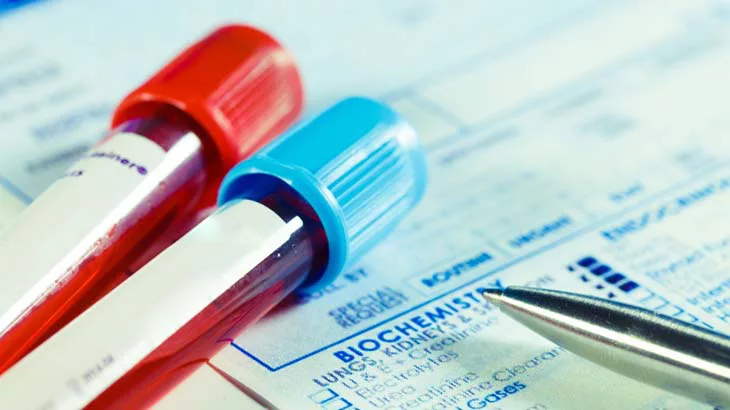What are the pre-surgery evaluation tests you must be aware of?
September 26, 2016
There are numerous hassles to surgery. Some of which are warranted and some are not. However, pre-surgery evaluations are a few of the most important ones that need to be performed. These tests are done, to check if the patient is suffering from a condition or not. And if the condition is crucial, they can identify and treat it.
Common Pre-Surgery Evaluations
Here below is some information on the most common pre-surgery evaluations as well as information on what is diagnostic laparoscopy:
1. Full Blood Count (FBC):
FBC is one of the most common and easiest tests that are performed before surgery, and there is no reason for you to be worried about it. FBC is performed to check the types and numbers of cells in your blood, including red blood cells, white blood cells and platelets. This, in turn, can give an indication of your general health and also provide clues about certain health problems that you might have. For example, an FBC test may detect signs of anemia, infection, inflammation, bleeding or clotting disorders.
2. Urea and Electrolytes (U&E):
The U&E test is a blood test which requires a few millilitres of blood from the vein. This test is often used as a screening test for those who are unwell, to detect abnormal blood chemistries which, include kidney failure and dehydration. U&E is mostly performed to confirm kidney function or to exclude an imbalance of biochemical salts in the blood. Apart from this, numerous other conditions can also be detected by the U&E test.
3. Blood Typing:
Blood typing is a method that is used to determine an individual’s blood group, to find out the blood group of the person. Blood is grouped according to the ABO blood typing system, which breaks down the blood types into A, B, AB, or O. For this test, a blood sample is needed which will be drawn from the vein. This blood sample will then be mixed with antibodies against type A and B blood, to check if the blood reacts with one of the antibodies. Blood typing is also performed to check if you have a substance called Rh factor on the surface of your red blood cells. If this substance is present, you are an Rh+ (positive). However, those who lack this Rh factor are considered Rh- (negative).
4. Calcium (Ca) Blood Test:
The blood calcium test is used to measure the level of calcium in the blood. In most cases, your doctor will tell you to stop temporarily taking any medication as it can affect the test. These medicines may include: calcium salts, lithium, thiazide diuretics, thyroxine and vitamin D. Excess intake of milk or dairy products or excess amounts of vitamin D as a dietary supplement can increase the levels of calcium in the blood. This test is similar to other blood tests and is performed to detect bone diseases, certain cancers, kidney disease, liver disease, disorders of the parathyroid glands, abnormal levels of vitamin D, and much
5. Platelet Aggregation Test:
This blood test is performed to check if you have any signs of bleeding disorders or a low platelet count. It is used to check how well the platelets, a part of your blood, clump together and cause the blood to clot. For this test, a blood sample is needed, after which, laboratory specialists will check how the platelets spread in the plasma (the liquid part of the blood) and if they form clumps after a particular chemical or drug is added to it. The blood sample is clearer when the platelets clump together. A machine measures the changes in the cloudiness and prints a record of the results.
6. Diagnostic laparoscopy:
Sometimes even a diagnostic laparoscopy is used. But what is diagnostic laparoscopy? The diagnostic laparoscopy procedure is a process where they look at certain images on the camera to determine if you are sick. A diagnostic laparoscopy procedure has a much shorter recovery time than an open surgery.
However, it is important to remember that your doctor knows best and if he wants a test administered there is a reason for it. Therefore, listen to your doctor and clarify any doubts that you have regarding these tests.
Visit your nearest Apollo Spectra to get your all required blood tests.
NOTICE BOARD
CONTACT US
CONTACT US
 Book Appointment
Book Appointment


.svg)
.svg)
.svg)
.svg)








